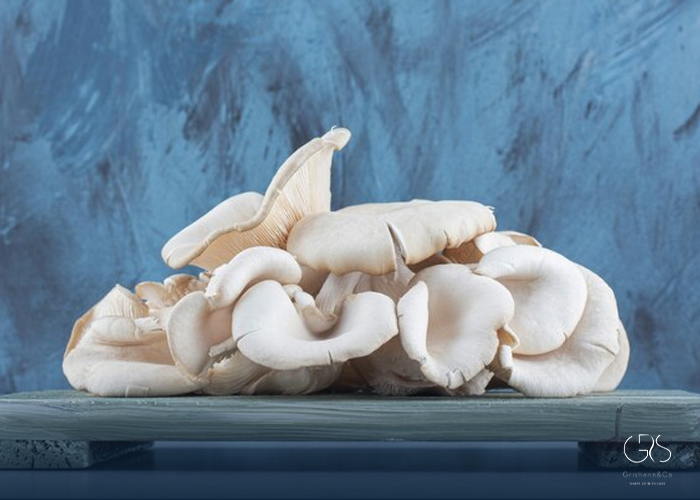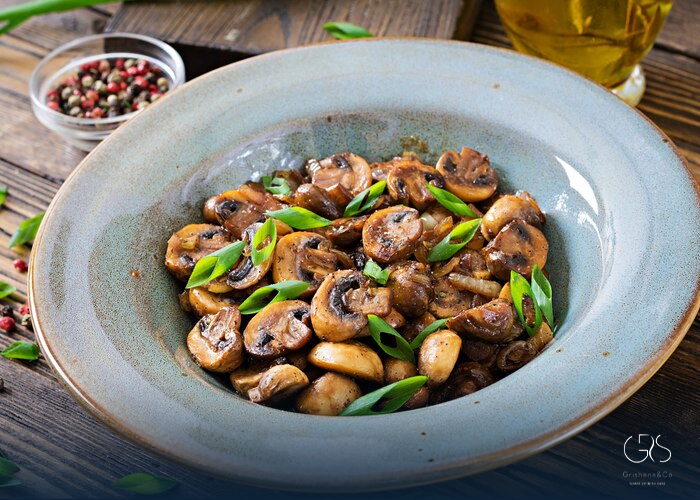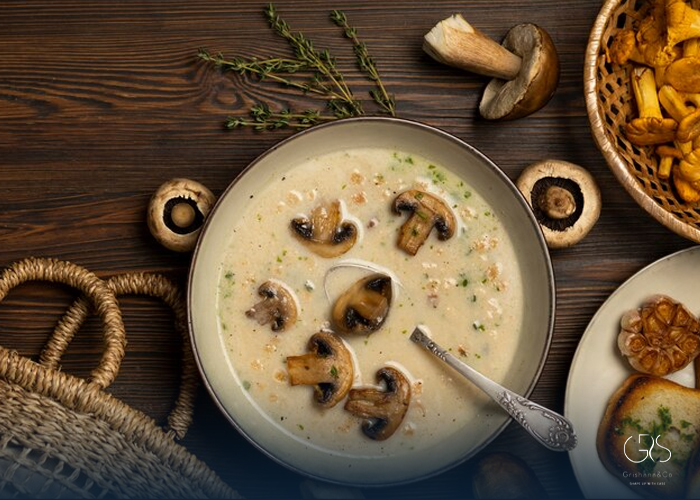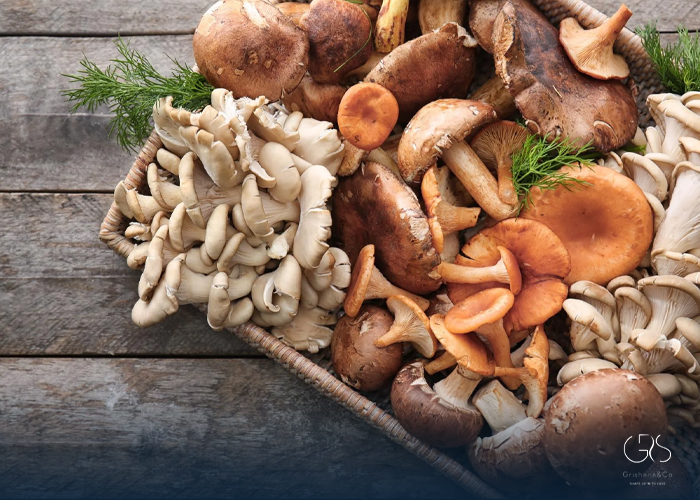Mushrooms are not only flavorful additions to various dishes but also pack a powerful nutritional punch. From immune-boosting properties to anti-inflammatory benefits, different types of mushrooms offer a range of health benefits. In this article, we will explore some of the healthiest types of mushrooms and how you can incorporate them into your diet.
1. Oyster Mushrooms
Oyster mushrooms are not only delicious but also versatile in cooking. These mushrooms are low in calories and high in nutrients like protein, fiber, and antioxidants. They also contain beta-glucans, compounds known for their immune-boosting properties. In fact, studies have shown that oyster mushrooms may help reduce inflammation and improve heart health.

2. Shiitake Mushrooms
Shiitake mushrooms are a popular choice in Asian cuisine and are known for their rich, savory flavor. These mushrooms are a good source of B vitamins, fiber, and minerals like copper and selenium. Shiitake mushrooms also contain compounds that may support immune function and have antioxidant properties that could help protect against cell damage.
3. Maitake Mushrooms
Maitake mushrooms, also known as hen of the woods, are prized for their potential health benefits. These mushrooms are rich in antioxidants, vitamins, and minerals, making them a nutritious addition to your diet. Research suggests that maitake mushrooms may help lower blood sugar levels and support immune function, among other health benefits.
4. Button Mushrooms
Button mushrooms, one of the most commonly consumed mushrooms, are low in calories and fat. Despite their humble appearance, these mushrooms offer various health benefits. They are a good source of vitamin D, which is essential for bone health and immune function. Button mushrooms also contain antioxidants and compounds that may have anti-inflammatory effects.
5. Lion’s Mane Mushrooms
Lion’s mane mushrooms are known for their unique appearance and potential cognitive benefits. These mushrooms contain compounds that may support brain health and cognitive function. Some studies suggest that lion’s mane mushrooms could help improve memory, focus, and overall brain health.
What About Mushroom Supplements?
While consuming fresh mushrooms is beneficial, mushroom supplements are also gaining popularity for their convenience and concentrated doses of beneficial compounds. Mushroom supplements can provide a convenient way to incorporate the health benefits of mushrooms into your daily routine. However, it is essential to choose high-quality supplements from reputable brands to ensure their efficacy and safety.
Tips for Consuming Mushrooms
Here are a few ways to incorporate mushrooms into your diet:
1.Sautéed or Stir-Fried: Adding mushrooms to stir-fries or sautéing them with garlic and herbs can enhance the flavor of your dishes.

2.Soups and Stews: Mushrooms are great additions to soups, stews, and broths, adding a rich and earthy flavor
.
3.Grilled or Roasted: Grilling or roasting mushrooms can bring out their natural umami flavors and create a satisfying texture.

4.Mushroom Tacos or Burgers: Use mushrooms as a meat substitute in tacos, burgers, or other dishes for a nutritious and flavorful twist.

Conclusion
Mushrooms are not only flavorful additions to various dishes but also pack a powerful nutritional punch. From immune-boosting properties to anti-inflammatory benefits, different types of mushrooms offer a range of health benefits. In this article, we will explore some of the healthiest types of mushrooms and how you can incorporate them into your diet for optimal mushroom health benefits.
Sources
- Healthline, White Mushrooms: Nutrition, Benefits, and Uses
- Medical News Today, Mushrooms: Nutritional and Medicinal Value










